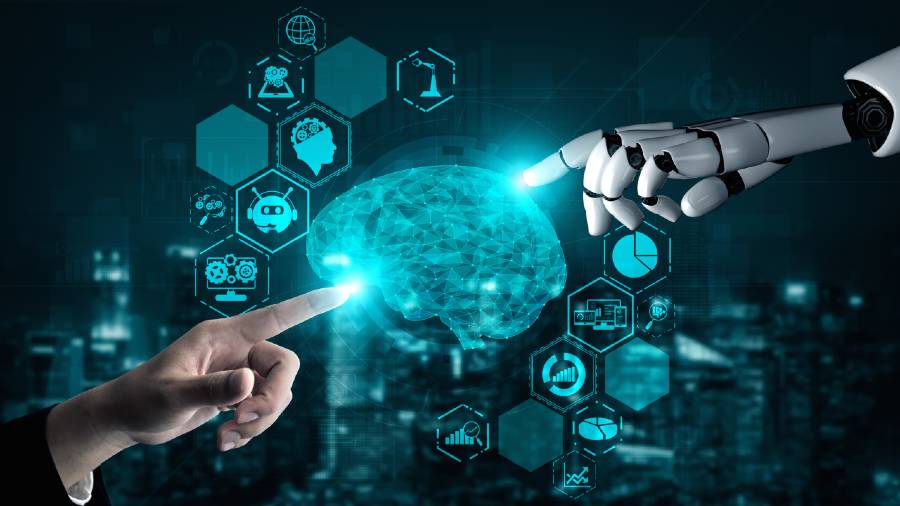Artificial Intelligence (AI) has revolutionized the way we live, work, and interact with technology. From voice assistants like Siri and Alexa to self-driving cars and intelligent robots, AI has become an integral part of our daily lives. AI technologies, such as machine learning, deep learning, neural networks, natural language processing, and robotics, have made significant advances in recent years. But what does the future hold for AI, and what opportunities and challenges will it bring?
Opportunities
AI is expected to bring significant opportunities in various fields, including healthcare, finance, education, and transportation.
Healthcare: AI can help doctors and medical professionals to diagnose diseases, analyze medical data, and develop personalized treatment plans. AI-powered medical devices, such as smart wearable devices, can also monitor patients' health and alert doctors to potential health issues.
Finance: AI can analyze vast amounts of financial data to predict market trends, identify investment opportunities, and manage risk. AI-powered chatbots can also provide personalized financial advice and help customers with their banking needs.
Education: AI can help personalize learning experiences for students by analyzing their learning styles, strengths, and weaknesses. AI-powered virtual tutors and personalized learning platforms can help students learn at their own pace and provide feedback to teachers on student progress.
Transportation: AI can help to improve transportation systems by optimizing traffic flows, reducing accidents, and increasing the efficiency of public transportation. Self-driving cars and drones are also expected to become more prevalent in the near future, improving transportation safety and convenience.
Challenges
While AI brings significant opportunities, it also brings several challenges that must be addressed.
Data bias: AI algorithms are only as good as the data they are trained on. If the data is biased, the AI will also be biased. This can lead to discrimination against certain groups of people.
Job displacement: AI is expected to automate many jobs, leading to job displacement. While AI will create new jobs, retraining and reskilling will be necessary to ensure workers are equipped with the necessary skills.
Ethical concerns: As AI becomes more advanced, ethical concerns surrounding its use are becoming increasingly important. AI-powered weapons, for example, raise questions about the use of lethal force without human oversight.
Privacy and security: AI technologies collect and process vast amounts of data, raising concerns about privacy and security. Data breaches and cyber attacks can have severe consequences, particularly in areas such as healthcare and finance.
Conclusion
AI is expected to transform the way we live, work, and interact with technology. While it brings significant opportunities, it also brings several challenges that must be addressed. To realize the full potential of AI, it is essential to develop ethical and responsible AI systems that prioritize human values and protect privacy and security. As AI technologies continue to advance, it is crucial to keep up with the latest developments and be prepared for the opportunities and challenges they will bring.
In conclusion, AI has the potential to revolutionize the world in the coming years. The opportunities and challenges that come with it must be addressed in order to create a world that benefits everyone.

